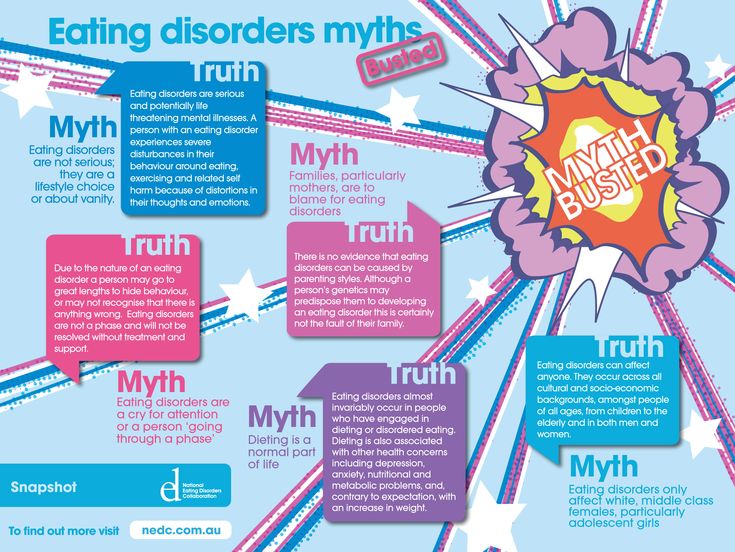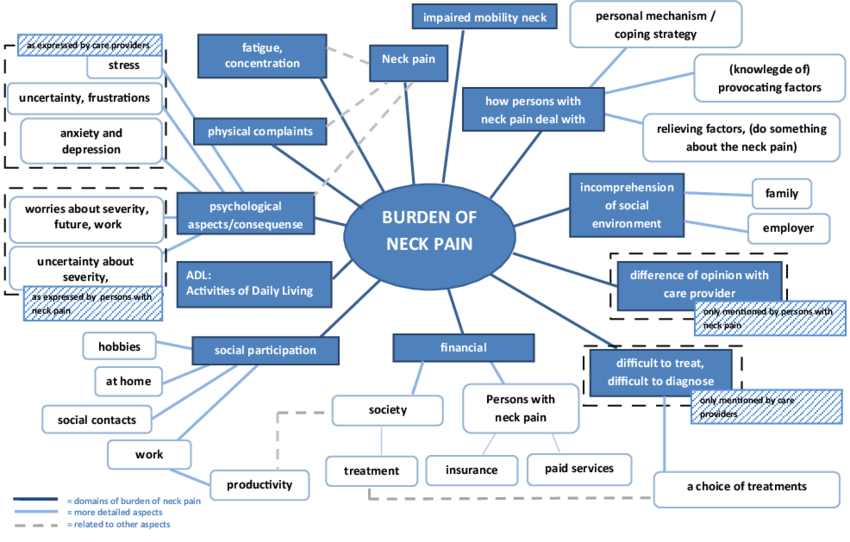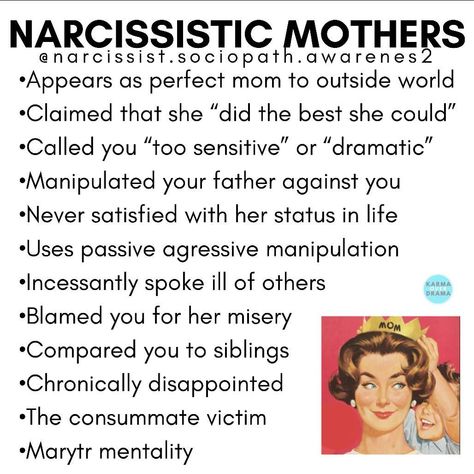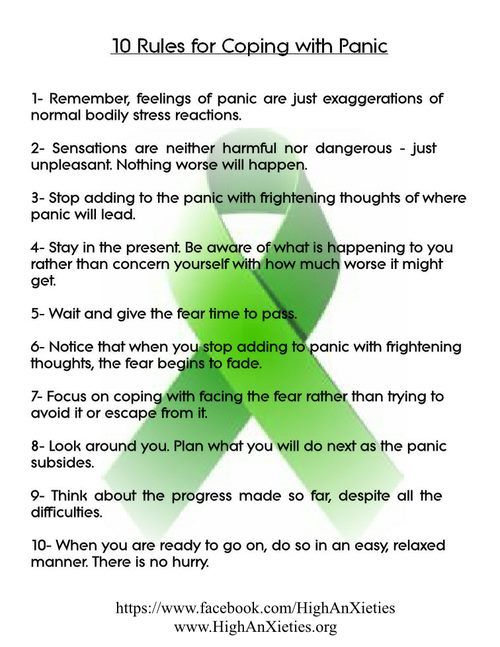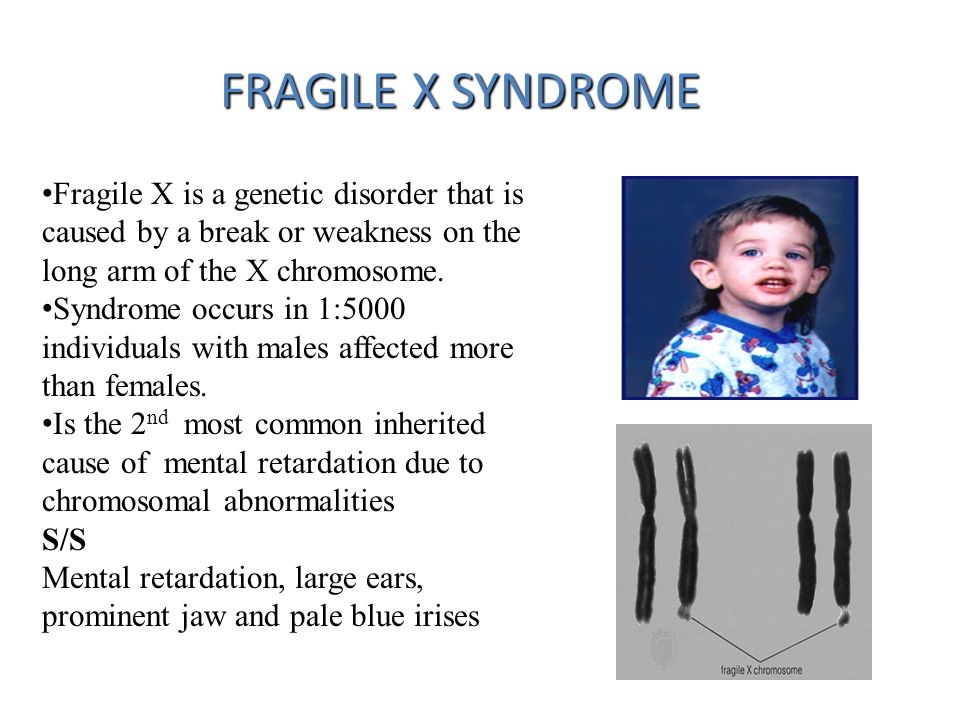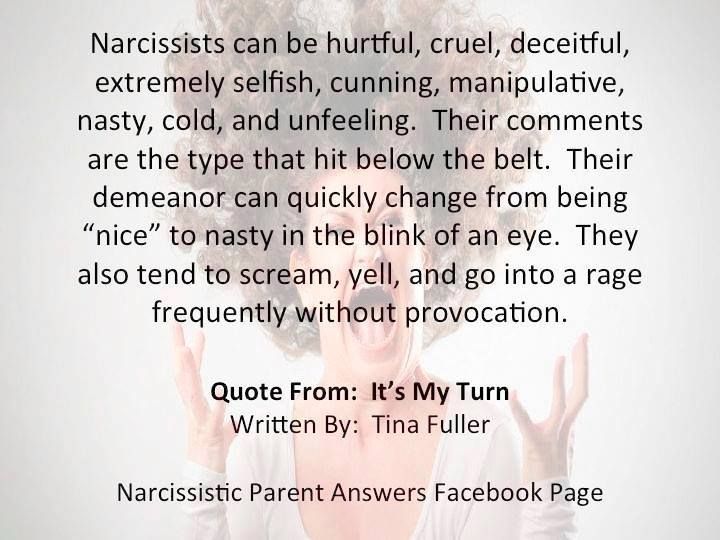How long does it take to develop an eating disorder
How does an eating disorder begin?
It is hard for people to understand that eating disorders are not a choice, they are not a lifestyle. Someone with an eating disorder is not trying to garner attention; they are not choosing to battle a life-altering mental health condition.
Eating disorders are an illness that takes control over someone as they struggle with disordered beliefs about their weight and shape, lack of self-esteem, and the constant societal emphasis placed on body image. Anorexia, bulimia, and binge eating disorder are only some of the eating disorders affecting someone’s physical and mental health and lead to severe consequences.
How does an eating disorder begin?Eating disorders don’t happen overnight; they can develop over the course of a few months or a few years. Like with any mental health condition, eating disorders, begin differently for each person. For some, it may be losing a few pounds and enjoying the way their body looks with less weight, for others it may be finding comfort in food, and still, for others, it may begin due to depression, stressful triggers, or trauma.
Those with anorexia have significant weight loss from restricting calories, often not realizing how underweight they may be and perceiving themselves as “fat,” despite a dangerously low body weight. Anorexia has the highest mortality rate of any mental health condition and claims the lives of an estimated 10-20% individuals due to complications. Associated with a distorted sense of body image, anorexia is closely linked to depression.
Bulimia is characterized by cycles of binge eating followed by purging the body of unwanted calories. The sequence can be triggered by stress, anxiety, depression, and a lack of control. Individuals who have bulimia might feel regret after a binge, but find comfort and well-being following a purge. Purging can bring a sense of control and ease in the stress and anxiety someone may be feeling. Often consuming between 3,400 calories in as little as an hour or as many as 20,000 calories in eight hours, those with bulimia may repeat the cycle several times in a week.
Binge eating disorder (BED) is the most common eating disorder in the U.S. The frequent sessions of binge eating leaves individuals feeling out of control and ashamed, often leading to depression. Little is known about the cause of binge eating disorder or why it develops, but it is sometimes linked to genetic disposition, depression, anxiety, and weight discrimination.
While there is no one true cause, several combined factors can produce an eating disorder. Individuals with a family history of eating disorders are more likely to engage in eating disordered behaviors, as well as those who have a history of depression, or obsessive-compulsive disorder. Many experts believe eating disorders develop when neurotransmitters in the brain become unbalanced, one being serotonin, which has a central role in anxiety and depression, both common in anorexia and bulimia. Brain scans have shown that individuals with these disorders get too little of serotonin. Other contributing factors leading to eating disorders can include stress, anxiety, and substance abuse.
Seeking treatment can be difficult, but can be successful in helping to recover from an eating disorder. Unfortunately, only 1 in 10 people with an eating disorder receive treatment. Eating disorders involve complex relationships between emotions, coping, food, control, and obsessions, making it difficult sometimes to recognize the problem. Many individuals, as well as their friends and family, do not see changes in eating behavior as a sign of an eating disorder. Letting go of established thought patterns and responses can be scary, and many months or years may slip by before taking the step to seek treatment.
Treatment, such as that at Magnolia Creek, can help the brain and the body heal and recover, providing someone with the ability to relearn and trust their thoughts and behaviors. Our holistic approach utilizes evidence-based therapy such as Dialectical Behavioral Therapy (DBT) and Cognitive Behavioral Therapy (CBT) to help clients:
- Eliminate eating disordered behaviors
- Identify adaptive skills to cope with life stressors
- Develop a healthy relationship with exercise
- Restore weight (within ideal body weight range)
- Establish healthy eating patterns a healthy relationship with food/fluids
- Practice food-related life skills (including grocery shopping, menu planning, cooking, and appropriately portioning food)
- Distinguish emotional and physical hunger/fullness cues
- Identify and challenge food/body related cognitive distortions
Our professional treatment team works with each client to develop a customized treatment plan that meets their individual needs and nourishes the body and strengthens the spirit.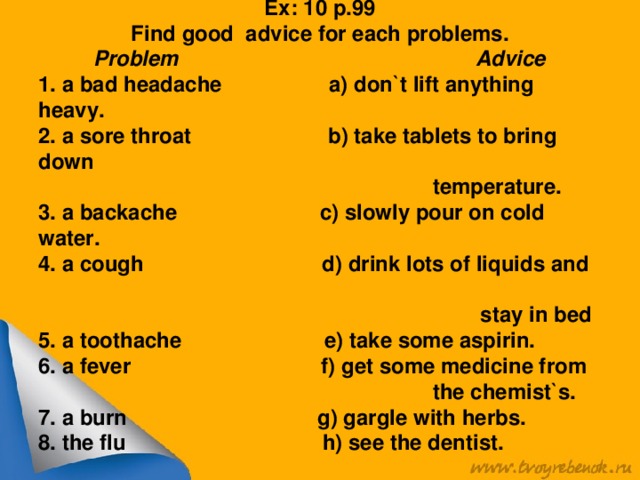 We look beyond the symptoms and behaviors of the eating disorder to help our clients recover, and not just manage their eating disorder.
We look beyond the symptoms and behaviors of the eating disorder to help our clients recover, and not just manage their eating disorder.
If you or a loved one is struggling with an eating disorder or co-occurring mental health condition, call our admissions team at Magnolia Creek at 205-409-4220 or complete our contact form. We are here to provide support and quality treatment that helps clients learn that recovery is possible.
Signs You Could Be Developing an Eating Disorder
Signs You Could Be Developing an Eating Disorder Search iconA magnifying glass. It indicates, "Click to perform a search". Chevron iconIt indicates an expandable section or menu, or sometimes previous / next navigation options. HOMEPAGEHealth
Save Article IconA bookmarkShare iconAn curved arrow pointing right.
Download the app
Some of these signs are more subtle than others. ShutterstockThere is no shortage of myths about eating disorders out there that continue to prevail — but the truth is that people of all ages, genders, and body types can develop an eating disorder.
With recent research showing that a third of adults are unable to recognize common eating disorder symptoms, as well as our cultural fixation with disordered habits like fad diets, weight loss transformations, and beauty treatments designed to fix perceived "flaws," it can be alarmingly easy to develop an eating disorder without even realizing it.
INSIDER spoke with three mental health experts who told us how seemingly harmless (or healthy) habits can turn into a full-blown eating disorder.
Exercise becomes rigid, regimented, or punishing.
There's a difference between a healthy habit and one that's becoming too extreme. Skydive Erick/FlickrExercising can certainly be a healthy habit that benefits both your body and brain, helping you feel stronger both physically and mentally, and even better able to tackle stress in your daily life. But plenty of seemingly harmless exercise habits can be missed signs of an eating disorder, especially in an era where gym selfies and fitness goals are lauded by friends, family, and even doctors.
But plenty of seemingly harmless exercise habits can be missed signs of an eating disorder, especially in an era where gym selfies and fitness goals are lauded by friends, family, and even doctors.
"It gets tricky to know when you might be developing an eating disorder because we live in a culture where discipline with food and exercise are applauded, and it can seem like there's a fine line between what's considered normal and what's actually disordered," explains Carla Korn, LMFT, a licensed psychotherapist.
Licensed psychologist Dr. Ashley Hampton agreed, adding that each person's relationship to exercise will vary and that while having a workout routine in and of itself isn't disordered, "an individual exercising for multiple hours in the morning, again at lunch, and then again at night would be problematic."
Any sort of extremes around exercise can be a "sign" of disordered habits, with Dr. Hampton adding that "another possibility could be someone with bulimia bingeing on food and then using exercise to try to 'work off' the binge. "
"
Not listening to one's body and working out through fatigue, illness, or past the point of injury is another signal. "The important thing to consider here is the rigidness of the exercise," Dr. Neeru Bakshi, the medical director of Eating Recovery Center Washington told INSIDER. "The person is engaging in exercise at the expense of all other things, including their own health. The need to exercise is so great, that the person is unwilling to let injuries heal, thereby further injuring themselves."
Researching fad diets or new ways to lose weight becomes more common.
Constantly looking up fad diets could be a sign of something more serious. Shutterstock/beeboysThere are always trendy diets on the horizon — from "clean eating" to the keto diet — that most people won't bat an eye at someone trying them. But aside from avoiding certain foods due to allergy or intolerance, these diets often become a slippery slope to an eating disorder.
But aside from avoiding certain foods due to allergy or intolerance, these diets often become a slippery slope to an eating disorder.
"For many people who are developing an eating disorder, they might find themselves constantly researching the next fad diet and trying new ways to lose weight," explains Korn.
If you're becoming preoccupied with weight loss treatments, products, or regimens, you might be verging into disordered territory.
You're experimenting with diet pills, medications, laxatives, or weight loss supplements.
These can get dangerous. Unsplash/Freestocks.orgIf you're not simply researching new (and potentially dangerous) ways to lose weight but actually trying them, you might be delving into disordered patterns.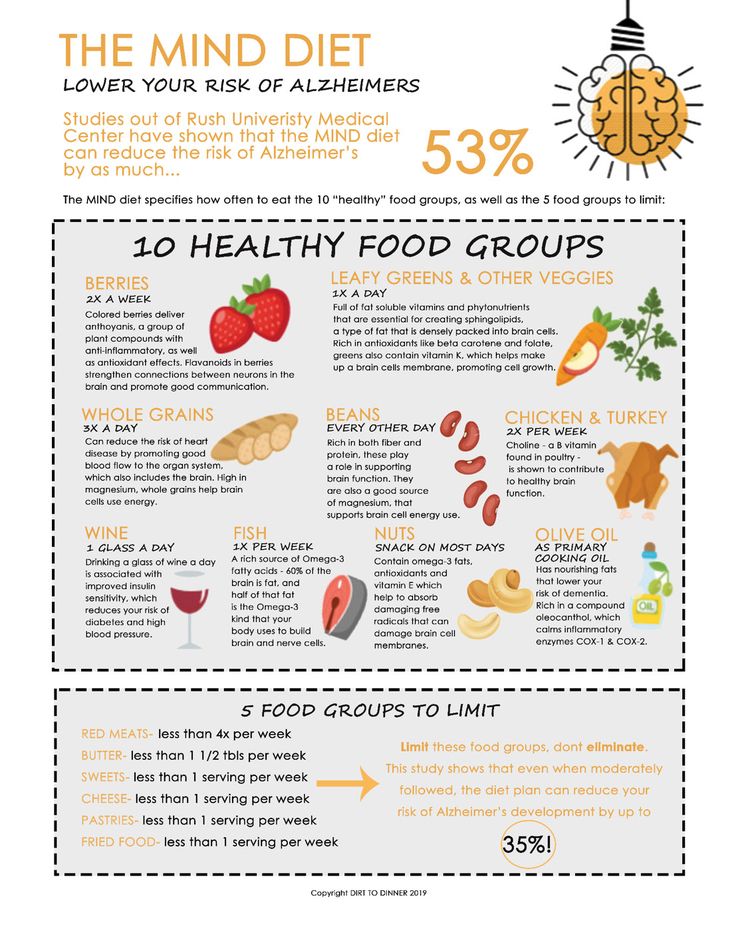
As Dr. Hampton points out, "While this is typically an advanced technique that is indicative of an active eating disorder, one may be experimenting with diet pills or laxatives to attempt initial weight loss at the beginning."
You're experiencing physical symptoms that seemingly have little to do with weight.
It includes having trouble regulating your body temperature. Flickr/Robert Couse-BakerRestricting, bingeing, and purging can cause a host of physical side effects, but many of them don't appear to be intrinsically linked to one's eating habits.
"Oftentimes, individuals might not be aware that potentially serious physical symptoms they experience, such as digestive issues, difficulty regulating their body temperature, or loss of their period, might actually be due to an eating disorder," explained Korn, adding, "Unfortunately, even doctors might not even be identifying or screening for these symptoms."
Still, Dr. Hampton noted that the presence of these physical symptoms often mean you're already experiencing an eating disorder and "are not likely to be seen at the beginning of the development of an eating disorder." She adds, "Physical changes are generally due to excessive weight loss or excessive bingeing back-and-forth, which takes time to accumulate."
"One of the key diagnostic features of anorexia is continuing to engage in the eating disorder despite the risks and negative impacts on their physical health," explains Dr. Bakshi. "Often times, someone with an eating disorder will minimize the physical impacts on their health because they are so consumed with the goals that they have with their disorder," she adds, noting that not everyone with an eating disorder will stop menstruating, or experience the same physical effects.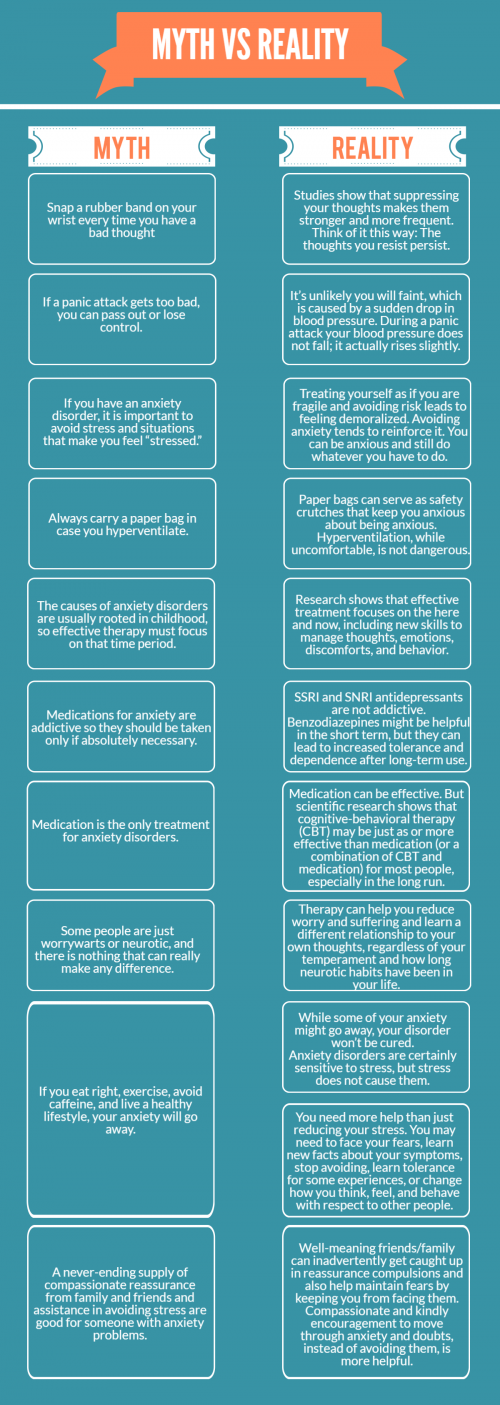
Tracking numbers become a main focus and priority.
If you become overly preoccupied with tracking calories, it could be cause for concern. GaudiLab/ShutterstockWearing a device to track your workouts or weighing yourself regularly might not seem like a big deal, but it's easy to slip into disordered habits by tracking calories eaten/burned, steps walked, heart rate fluctuations, macros, and weight.
"Often in our society, talk about weight, calories, and dieting seem commonplace," Dr. Bakshi explained. "When these conversations move from general conversation to obsession and cause psychological distress, it could be a warning sign of something more serious."
Korn agreed, adding, "People often find themselves increasingly preoccupied with counting and logging calories, or weighing themselves daily or even multiple times a day." If you're focusing too heavily on sticking to certain numbers, you might be dealing with disordered thinking.
You're wearing baggy or large clothing to hide your body or changing shape.
It could be a sign of body dysmorphia. ShutterstockIf you're suddenly gravitating toward baggy clothing or remaining fully covered even in the summer heat, or your clothes become too large and you're still wearing them, you might be struggling with body dysmorphia related to an eating disorder.
"Clothing tends to be a way individuals can use to control what others see, or what they try to allow others to see," explained Dr. Hampton. "This is often one of the first things that changes that others may notice. Those that are starting to develop anorexia will start to see their clothes become too large for their frame. Those that are starting to develop bulimia will start to expand their closet with multiple sizes of clothing" to account for weight fluctuations due to bingeing and purging.
Of course, buying new clothes or changing your style from day to day isn't inherently unhealthy. But wearing heavy sweaters in the summer or dressing to hide your frame might signify that an eating disorder is developing.
Rituals around food, including restricting certain food groups, portion control, excessive chewing, and more, become increasingly common.
These "food rituals" could be a bigger deal than you think.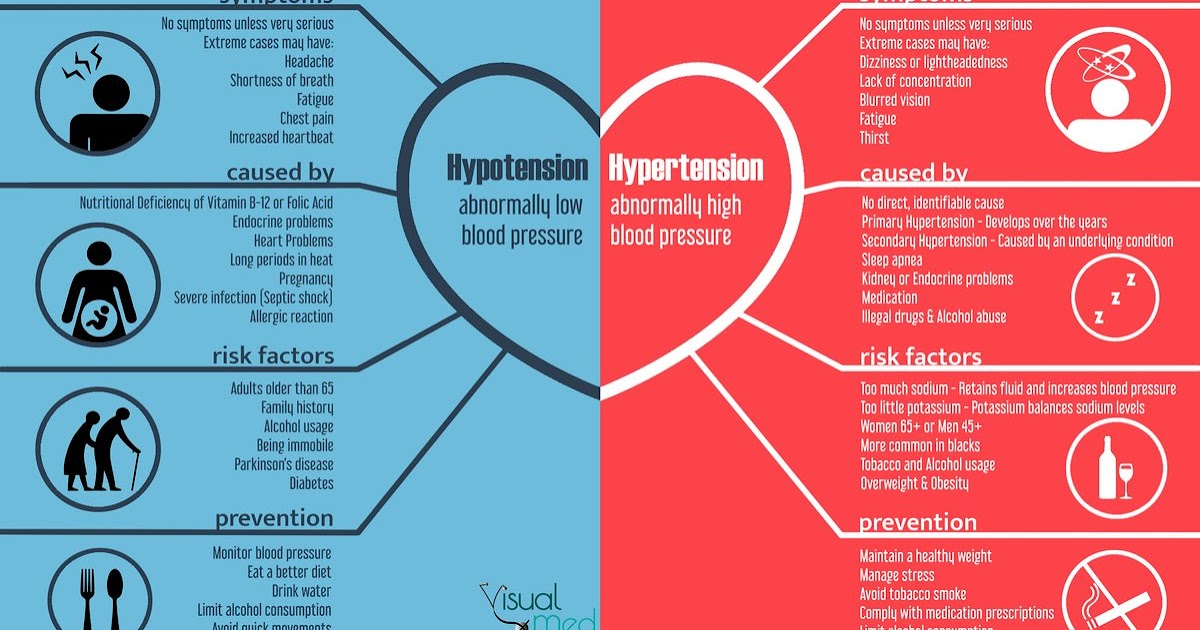 Getty Images
Getty Images There are a lot of "food rituals" that those with disordered habits will engage in that, on their own, might not seem like a big deal.
Restricting certain foods, eating foods in a particular order, portion control, excessive chewing or cutting food into tiny pieces, and arranging food on a plate serve as "red flags," explains Korn.
"It is crucial when looking at eating disorders to look at the individual's 'rules' around eating, food, fitness, health, and wellness," said Dr. Hampton. She added that "it can be portioning out food, eating only a certain type of food (like low-calorie, low-fat, and so forth), eating on a diet before bingeing on food in the cabinets or in the refrigerator, and refusing to eat food in public at a restaurant. "
"
She says it can become "important for individuals to hide their obsession with food as long as possible, and this includes moving food around on the plate, trying to hide food in a napkin or giving food to a pet under the table, or trying to avoid dinner all together in order to study or complete some other activity."
You cook or bake elaborate meals for others without actually eating yourself.
It could be keeping you connected to food in an unhealthy way. ShutterstockIf you're pulling up recipes, looking at food photos on social media, and cooking or baking for others without enjoying it yourself, you might be forming an eating disorder.
"This can be fairly common for people with eating disorders," explained Dr. Bakshi. "Cooking for others keeps them connected to something that they wish they could eat. This could also include someone looking at recipes online and cataloging different foods that they want to cook or wish they could eat."
Korn added that "another potential red flag is bringing their own food to parties or out to dinner because of their strict diet, or avoid eating with others entirely."
Your personality starts to change.
You might experience mood swings. chayaya1988/ShutterstockIf you find yourself not only withdrawing from daily life but also experiencing changes in mood or temperament, you might be struggling with an eating disorder. "These often come together and also come with changes in personality," said Dr. Hampton.
"These often come together and also come with changes in personality," said Dr. Hampton.
"In addition to clothing, personality becomes the initial tipping point for most people to investigate their friends or their children in terms of possibly needing help with their behaviors. When an eating disorder is starting to develop, the habits around food and exercise, along with the need to control things, causes individuals to withdraw from those they know and those that would recognize what was happening."
You're increasingly making concerning comments about weight, body image, and eating — and not just your own.
You might be making comments about others' bodies, too. Warner Bros. Television
Television "An individual's language is an early indicator of the development of an eating disorder," Dr. Hampton told INSIDER. "Comments generally include things like being fat even when the individual is average size or skinny, weighing multiple times a day and making disparaging comments about the number on the scale, or even commenting about others' weight as an attempt to deflect attention from what is going on with them."
Still, keeping the focus inward is what occurs most often, explained Dr. Bakshi. She says, "Oftentimes, someone will be much more self-deprecating about their own weight or body image rather than comment on anyone else. They may comment on certain parts of their body that they want to change or a weight that they want to reach. They may also talk about changing their diet to be more restrictive or eliminating certain foods or food groups.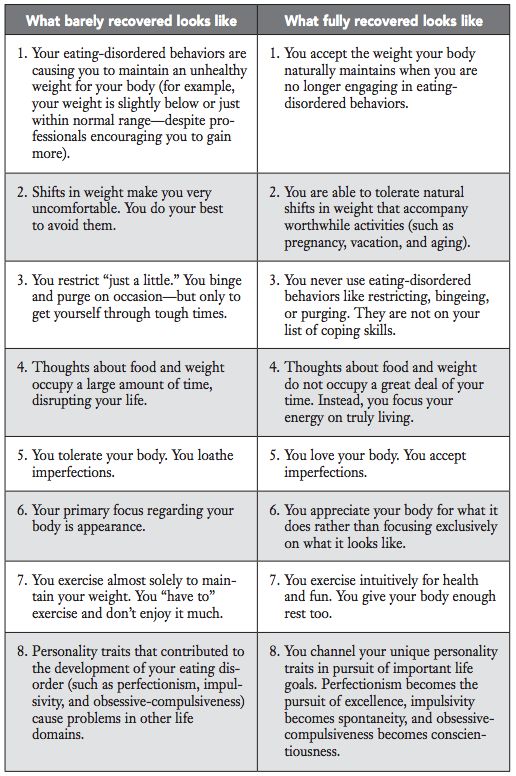 "
"
If you or someone you know has an eating disorder, call the National Eating Disorders Association Helpline (1-800-931-2237) on weekdays for support, resources, and information about treatment options. In crisis situations, NEDA offers 24/7 support — just text "NEDA" to 741741.
Read next
LoadingSomething is loading.Thanks for signing up!
Access your favorite topics in a personalized feed while you're on the go.
Features Eating Disorder eating disorder symptomsMore. ..
..
Eating disorders - treatment (therapy) of eating disorders by a psychologist, methods of psychotherapy
Eating disorders - psychologically conditioned behavioral syndromes associated with eating, leading to a deterioration in the quality of life and posing a health hazard.
In contrast to periodic violations of the diet, overeating, passion for a certain product or dish, a short-term diet, disorders are characterized by high frequency, inability to control oneself, unwillingness to see the problem. Eating disorders can cause the development of life-threatening conditions, therefore, if you find dangerous symptoms, do not try to cope with the problem on your own, but consult a doctor in Moscow by visiting the Center for the Study of Eating Disorders. nine0003
Article content:
- Types of violations
- Causes of occurrence and development
- Symptoms in disorders
- Troubleshooting
- Treatment approaches
- The main directions of psychotherapy
- What therapy is effective?
Types of disorders
The following disorders are described in the International Classification of Diseases (ICD-10):
- Anorexia nervosa is a deliberate and physiologically unjustified weight loss through diets, fasting, increased physical activity.

- Bulimia - bouts of overeating, after which a person carries out cleansing procedures for fear of gaining excess weight.
- Psychogenic overeating - food becomes the main defense against stress, psychological discomfort.
- Psychogenic vomiting - occurs spontaneously in hypochondriacal, dissociative disorders. nine0012
- Eating inedible - this diagnosis can be made in adults or adolescents. In children, such actions are caused by other factors and often do not require help, but only careful monitoring.
- Psychogenic loss of appetite.
Obesity is not an ED.
Causes of occurrence and development of disorders
Eating disorders arise due to personal, social, physiological, emotional factors. Often disorders develop under the influence of several reasons. nine0003
But you should remember that you are not to blame for the problems, but you need help.
Symptoms in violations
Abnormal body weight may be due to eating disorders or indicate the development of other diseases.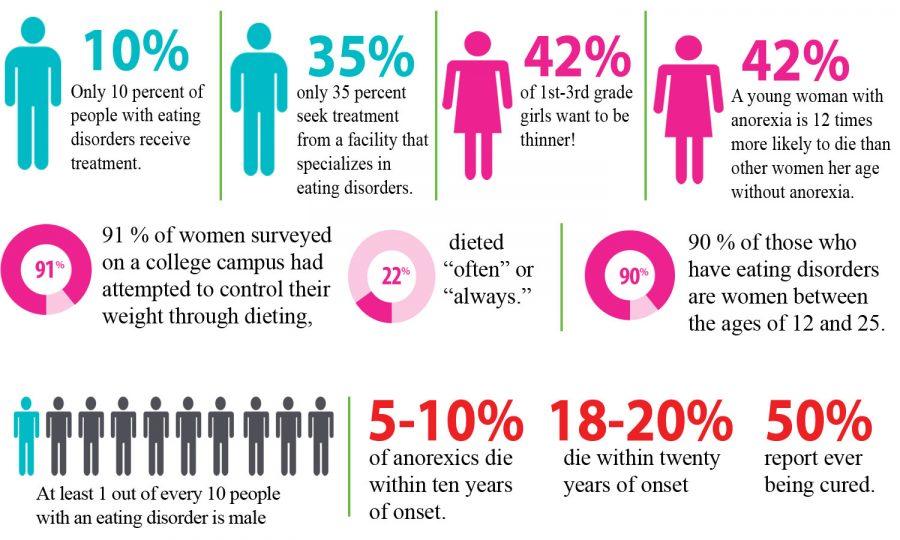
If the body weight is within the normal range, one should seek therapy at the CIRP for the following symptoms:
- prolonged loss of appetite;
- eating inedible objects; nine0011 aversion to food;
- recurrent uncontrollable desire to eat - overweight or obesity appears;
- getting rid of food by inducing vomiting or using laxatives;
- a strong feeling of discomfort, depression due to fullness or insufficient body weight, especially if it is not very different from the norm.
Often patients do not recognize deviations in eating behavior, do not see the true problem. nine0003
Diagnosis of disorders
Diseases that develop due to eating disorders can be life-threatening, causing damage to internal organs. It is better to diagnose them in the early stages. Treatment of RPP, diagnosis is carried out by several specialists with the appointment of laboratory tests.
The patient is examined by a psychiatrist and, if necessary, referred for a consultation with an endocrinologist, cardiologist, gastroenterologist or other specialists. A psychologist also works with him, and a nutritionist helps to choose a diet. nine0003
A psychologist also works with him, and a nutritionist helps to choose a diet. nine0003
Approaches to treatment
For each patient, an individual program for the treatment of eating disorders is selected, which depends on the nature and cause of the disorder, the patient's condition at the time of contacting the "CIRP".
Psychiatrist makes a preliminary diagnosis, performs diagnostics.
In some cases (low body mass index, low or high blood pressure, life-threatening disorders of the kidneys, heart, stomach), the patient requires urgent hospitalization and intensive care. As soon as the acute symptoms are relieved by drug treatment, a psychologist can start working with the patient. nine0003
When is medication needed?
Depending on the condition of the patient suffering from eating disorders, the psychiatrist prescribes drug therapy.
Short-term use of antidepressants in the early stages of treatment is possible if bouts of overeating provoke depression or anxiety.
The main directions of psychotherapy
The number of diagnosed eating disorders is constantly growing. nine0003
New approaches to the treatment of ED are being developed in the EU, Russia, and the USA. CIRP specialists track the achievements of European and American colleagues using effective methods:
- cognitive-behavioral;
- family;
- dialectical behavioral.
The treating psychiatrist determines which type of eating disorder treatment a patient needs. Often several methods are used - simultaneously or alternately. They can offer both individual work, which helps a person to understand himself, increase self-esteem, and group psychotherapy, which will make it possible to realize that other people also face such problems and successfully overcome them. nine0003
Cognitive Behavioral Therapy (CBT)
A common method that has been proven to work. It combines the tools of cognitive therapy, which works with thinking errors, and the behavioral method, which allows a person to learn how to change their behavior to solve a problem.
It combines the tools of cognitive therapy, which works with thinking errors, and the behavioral method, which allows a person to learn how to change their behavior to solve a problem.
The help of a psychologist allows you to identify errors in thinking, develop a new line of behavior, learn how to eliminate symptoms.
Family Based Therapy (FBT)
It was developed in a British clinic and has shown excellent results in patients suffering from eating disorders. A feature of this method is the work of a psychotherapist with the patient and his family members. The doctor will help the patient, his family to choose a course of action and together overcome the difficult stages of treatment.
Both individual sessions of psychotherapy with family members and group sessions are held. They allow you to track the changes that have occurred to a person as a result of an illness, find a way to help him, improve the psychological climate in the family. nine0003
Dialectical Behavior Therapy (DBT)
Dialectical Behavior Therapy aims to teach people with eating disorders alternative ways of emotional regulation that do not involve or avoid food.
Psychotherapy for the patient provides an opportunity to gain skills:
- safe emotional self-regulation;
- conscious eating behavior - focus on the feeling of hunger, the body's objective needs for nutrients; nine0012
- experiencing crisis situations - after a course of DBT psychotherapy, the likelihood of relapse of the disease decreases under severe stress;
- communication - the ability to build constructive, friendly relationships with people allows you to make a person's life comfortable, learn to cope with stress.
Group therapy
Group therapy for eating disorders develops communication skills. A person gets the opportunity to talk about the problem with other people, to understand that he is not alone in his experiences, and that what is happening to him is not his fault. This allows you to cope with the violation of body perception. nine0003
Treatment of disorders will be effective if a person learns to get positive emotions from sports, art, communication. Depending on the characteristics of the individual, interests and preferences of the patient, the "CIRPP" may recommend to him:
Depending on the characteristics of the individual, interests and preferences of the patient, the "CIRPP" may recommend to him:
- dance and movement therapy;
- art therapy;
- interpersonal psychotherapy;
- body-oriented psychotherapy.
Interpersonal Psychotherapy (IPT)
Patients are advised to undergo interpersonal psychotherapy in order to treat their initial disorders. It allows you to help with the aggravated experience of grief that arose as a result of death or separation from a loved one. This type of psychotherapy is also effective in interpersonal role conflicts.
For effective therapy in adolescents, it is often necessary to work out the role transition, which will help to master new social roles, which is necessary at different stages of growing up. The treatment of eating disorders also affects the problem of interpersonal relationship deficit, which interpersonal psychotherapy helps to solve..
Dance movement therapy
Dance movement therapy is effective in the treatment of eating disorders.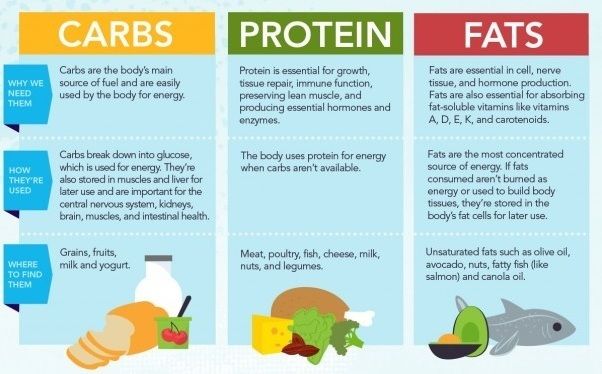 It allows you to solve the following tasks:
It allows you to solve the following tasks:
- better understand the body, its capabilities;
- improve self-esteem;
- develop communication skills;
- improve physical condition, provide physical activity with optimal load.
Like other types of therapy, classes are conducted under the guidance of psychotherapists. They help to cope with constraint, to be liberated, to create a benevolent atmosphere in the group. nine0003
Dance movement therapy does not define the optimal number of sessions. The method is designed for long-term work until the patient feels the benefit, pleasure.
Art Therapy
Art helps a person to express feelings, so it can effectively treat eating disorders.
This method of treatment makes it possible to realize, accept, express feelings, get rid of negativity, get positive emotions. The patient learns to use alternative ways of emotional self-regulation that are not related to food.nine0185
Treatment can be carried out both in groups and individually. The psychologist, in agreement with the patient, selects an interesting type of activity: drawing, modeling, crafts from various materials. The effectiveness of treatment is not affected by the patient's creative potential, so you should not refuse art therapy because of the fear of not being able to cope with the tasks.
Which therapy is effective?
The treatment of the disease associated with eating disorders must be dealt with in a complex manner. In order for the treatment to help, CIRP specialists use different methods. nine0003
Even with the same diagnosis, treatments that are effective for one patient may not be suitable for another. When choosing individual and group classes, you should not rely on the recommendations of friends or other patients.But if you feel like expressing your feelings through dance, yoga, or woodwork, tell your mental health professional.
CIRP offers a wide range of treatment methods that are used in clinics in Europe and the USA. Doctors will be able to choose effective therapy. Make an appointment in Moscow by phone +7(499) 703-20-51 or online.
Author: Korshunova Anna Aleksandrovna
Head of the Center for the Study of Eating Disorders,
psychiatrist, psychotherapist.
Eating disorders psychologists: everything you ever wanted to know about the causes, characteristics and treatment of eating disorders one person dies in the world. This time we decided to find out the whole truth from specialists who are closely involved in the treatment of anorexia, bulimia, nervous overeating and other types of eating disorders. Below, psychologists share their personal experiences of patients, the difficulties they face, their own insights from many years of practice, and, of course, they are looking with us for ways out of this complex and dangerous problem for each individual and society as a whole.
nine0003
Photo: Igor Brehov
What are the main causes of eating disorders?
According to the psychologist-psychotherapist Irina Ushkova, who actively works with eating disorders, although the genetic predisposition to eating disorders really exists, it alone is not enough - triggering factors are needed for the development of the disease. They can be criticism from significant loved ones, traumatic experiences, stressful events, but the main thing is diet.
Elena Shirokova, a clinical psychologist, founder and head of the first online center for education and psychotherapeutic help for people with eating disorders "Conscious Body", identifies five main causes of eating disorders:
- Genetic predisposition. Scientific studies confirm that if first-line relatives have or have had ED, then the likelihood of developing the disease is many times higher.
- Diets and food restrictions. A person may have a predisposition to eating disorders, but if he never resorts to restriction and calorie counting in order to lose weight, then he may never know about the presence of this predisposition.
Diets are the strongest scientifically proven trigger for the development of the disorder. nine0012
- Social pressure and dietary culture. In our world, being beautiful and successful means being slim and fit. The desire to achieve recognition provokes the first attempts to start losing weight, which triggers an eating disorder.
- Emotional vulnerability combined with inability to control emotions. There are highly sensitive people who take everything to heart: their emotional excitement quickly builds up and the decay takes longer than others. Such individuals are just prone to addictive behavior and eating disorders. nine0012
- Psychological trauma. Past physical, emotional, and sexual abuse, as well as bullying or bad relationships with peers, can influence the development of an eating disorder in the future.
Popular
Anastasia Tomilova, Ph.
D. “The desire to lose weight is a rather infantile belief that you need to be beautiful to be happy. This is a conscious or unconscious feeling that by losing weight, you can solve all problems automatically. But for many who embark on this path, the underlying psychological problems not only remain unresolved, but are exacerbated.” nine0003
Photo: Igor Brehov
Is it possible to predict the risk of developing an eating disorder
The anorexia gene exists - this is a scientifically proven fact. But is it possible to identify the psychological prerequisites for the development of ED in a particular person? Anastasia Tomilova answers that such character traits include perfectionism, striving for an ideal, inflexibility in perceiving oneself and others, demanding oneself in achieving results, insensitivity to one’s bodily sensations, difficulties in building trusting, open relationships, inability to understand one’s experiences. nine0003
Irina Ushkova is sure that there is no practical point in identifying such risks - they are not always realized.
It is better to focus on what protects against eating disorders. “This is, first of all, a complete, sufficient and varied diet, as well as the absence of a division of food into bad and good. “Food restrictions turn on the ED genes, but a balanced and flexible diet turns them off,” explains Irina. - The second important protective factor that will reduce the risk of developing eating disorders is the attitude towards the body as a neutral object. For a person with an eating disorder, the importance of the body, figure and weight comes first. It is not so important for him what successes he has at work, in school, in his personal life - only what the scales show is important. The importance of the body is maintained in modern society - hence the increase in the percentage of people with similar problems. So it's important to focus on the fact that there are things more important than shape and size." nine0003
Popular
Photo: Igor Brehov
What is the difference between the course of anorexia, bulimia and nervous overeating
opinions are divided here.Irina Ushkova, for example, practices a transdiagnostic approach in her practice, believing that all types of eating disorders are inherently manifested and treated in the same way. “This is confirmed by the fact that many RPPs change over time. It happens that a person becomes ill with anorexia nervosa, and over time, his symptoms become similar to bulimia nervosa. All RPPs are characterized by:
- Anxiety about weight and figure, as well as strong, to the point of disgust, dissatisfaction with one's body. People with the disorder measure their worth by how they manage (and usually fail) to control their weight.
- Too many thoughts about food, constant worrying, fear and guilt about meals, lots of rules about eating. Only a person with eating disorders does not always follow these rules, but they affect his behavior and mood anyway.
- The idea of overeating as a personal defeat, lack of will and self-control. All people with eating disorders overeat and are very worried about it, while for people without the disorder it does not become an object of reflection for hours or even days.
nine0012
Elena Shirokova gives the differences of each individual disorder:
Popular
- At anorexia prevails. The fear of gaining weight is so strong that a person is ready to die, just not to get better. Closeness, unwillingness to talk about the problem leads to the fact that instead of them, relatives turn for help.
- In bulimia there is also a desire to control food and weight, but the impulse still prevails and the person lashes out at food. Later, a feeling of guilt and regret rolls over, there is a desire to clean up or work off what you have eaten through excessive exercise. During the cleansing, people experience emotional relief. nine0012
- A person with binge eating is overtaken by an uncontrollable desire to eat large amounts of food, but he does not seek to cleanse himself or get rid of what he has eaten. Each episode of overeating is accompanied by feelings of guilt, shame, and promises to "pull yourself together.
" People tend to eat alone, furtively and quickly.
Photo: Igor Brehov
What range of experiences and emotions does a person who has an eating disorder experience?
According to Irina Ushkova, shame dominates in such cases. “Shame for the way the body looks, for the choice of food, for overeating, for thinking about food for so long. There may be fear, sadness, experience due to one's own defectiveness. This is a constant struggle with oneself, rejection and rejection of oneself. In a word, a person with eating disorders lives in hell, although outwardly it may seem that everything is normal or even good.” nine0003
Popular
“All disorders are associated with great suffering, feelings of powerlessness, feelings of guilt, shame, fear of food. Also, eating disorders are very often accompanied by a depressive state, ”Anastasia Tomilova is sure.
- In the phase of anorexia at the first restrictions in food, a stage of jubilation is possible, when there is still strength, and the weight is already decreasing.
There is a feeling that you "hacked" the system - everyone eats and gets fat, but you can not eat. This is a very dangerous condition. nine0012
- In bulimia there is a lot of emotional tension, anxiety that appears after an attack. The attack gives a feeling of relief, relaxation, along with feelings of guilt and powerlessness.
- At compulsive overeating there is also a lot of anxiety, feelings of powerlessness before the desire to eat more than the body needs, or before certain foods. There is also an acute sense of guilt and shame when the attack ends.
Elena Shirokova adds: “Patients with eating disorders experience a whole range of emotions: fear of gaining weight, shame and guilt over episodes of overeating, the joy of trying to take control of nutrition, despair that for the thousandth time it was not possible to lose weight. It is not uncommon for people with eating disorders to be highly sensitive and emotional: they have a subtle sense of the world, they experience vivid emotions of high intensity, which they find difficult to cope without food, nicotine or alcohol, for example.
And the skills of emotional regulation and stress resistance, unfortunately, are not taught at school.” nine0003
Photo: Igor Brehov
How RPP is treated today
Anastasia Tomilova insists that along with eating disorders there is a large group of eating disorders, and these are completely different things. “If we are talking specifically about anorexia, bulimia and nervous overeating, then we need the joint work of a psychiatrist and a psychotherapist. The psychiatrist helps with medication - prescribes anti-anxiety drugs, antidepressants and other medications. And the psychologist begins to work with the patient's thinking: he teaches him to deal with feelings, regulate his emotional states, analyzes the problems that have become the true cause of eating disorders. If we are talking about eating disorders, when you need to restore nutrition after a long period of diets, for example, then here the main specialist will be a psychologist or psychotherapist, and a psychiatrist will be needed if depression is suspected.
” nine0003
Popular
According to Elena Shirokova, the main thing a psychologist does is to help a person diagnose an eating disorder. “Most of the appeals are about losing weight and not accepting weight, that is, people do not always understand the essence of the problem. The psychologist teaches to live and eat again without restrictions.
Irina Ushkova adds: “ED is treated well if the client is ready to give up the idea of an ideal body, and the psychologist or psychotherapist is proficient in evidence-based methods of psychotherapy. It usually takes about 20 consultations - sometimes less, sometimes more. The psychologist helps to “turn off” the ED genes by establishing a regular, sufficient and varied diet. Helps to stop being afraid of products and think less about food. The next important aspect of working with a psychologist is body image correction. The specialist helps to learn to treat the body with respect, care and gratitude, as well as to strengthen self-esteem so that it is not based on achievements in the field of weight control and nutrition.
Sometimes you need help teaching you new ways to manage stress and emotions, or developing a kind, compassionate attitude towards yourself.” nine0003
Photo: Igor Brehov
What is the main difficulty in overcoming an eating disorder
“There are many difficulties,” says Irina Ushkova. - The first is that disturbed eating behavior is normalized in society. It’s normal to “keep yourself in control”, monitor nutrition, lose weight for the new year and the beach season. At the same time, there is little information about eating disorders, which is why often a person with a disease for a long time is not even aware that he suffers from a mental disorder and needs help. The second difficulty is that it is difficult for the patient to part with RPP, because it performs a certain function. For example, it gives a feeling of control or comfort. Usually this is a kind of way to adapt to the difficult reality that exists. This adaptation is not effective in the long run, but the person with eating disorder seems to have no other options.
” nine0003
Popular
The advice “just start eating”, as we understand it, does not work at all in such a situation. “Imagine your biggest fear in life. Are you ready to do what scares you the most three times a day? This is how a person with an eating disorder feels when he hears such words, ”explains Elena Shirokova.
Such methods are not effective also because such a mental disorder can completely change thinking. According to Anastasia Tomilova, in the acute phase of the disease, the patient loses the ability to think soberly, and calling him to rationality is pointless. That is why anorexia, for example, is a disease with a 30 percent chance of death. nine0003
Photo: Igor Brehov
Is it possible to cope with eating disorders on your own and how to do it
Elena Shirokova assures: it is difficult to cure yourself. “The percentage of people who managed to fully and independently recover is negligible.
Eating disorders are insidious, they can flow from one form to another. For example, a person had bulimia nervosa, he coped with the impulse to induce vomiting, but now he has a binge eating disorder or orthorexia.
And Irina Ushkova reveals the mechanisms of dealing with eating disorders as follows: “EDI functions like a vicious circle: you worry about your body and want to lose weight, then you start to control food and limit yourself, after that overeating appears. To cope with them, a person increases food restrictions, but this does not help, but only increases overeating. And so it goes on for years and decades. To get rid of eating disorder, it is not enough to understand how it works - you need to change behavior.” nine0003
“In order to recover, it is necessary to abandon the idea that a person can keep weight below his personal biological norm, stop weighing himself, include three meals that will definitely contain complex carbohydrates (cereals, potatoes, pasta, products from any, including white , flour) and those foods that cause fear and overeating.
